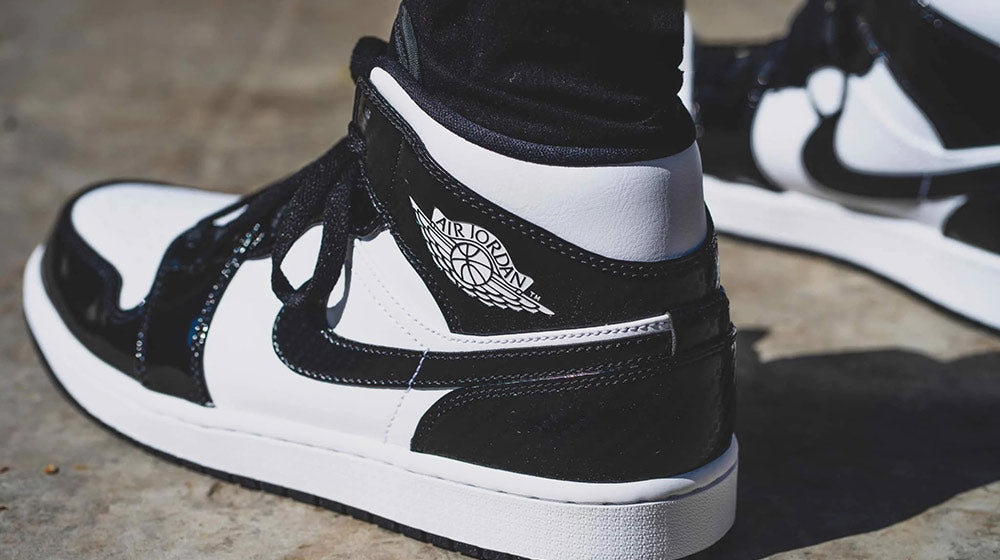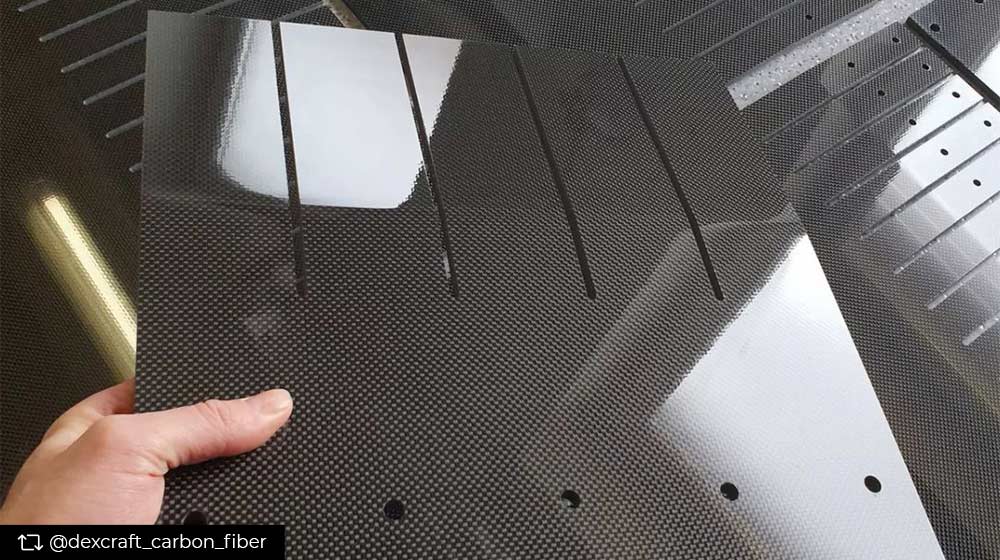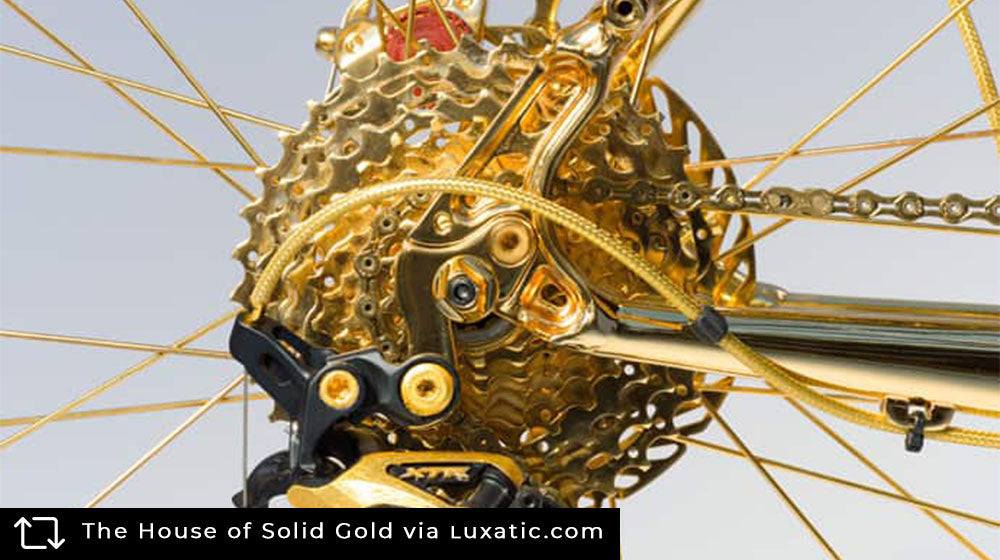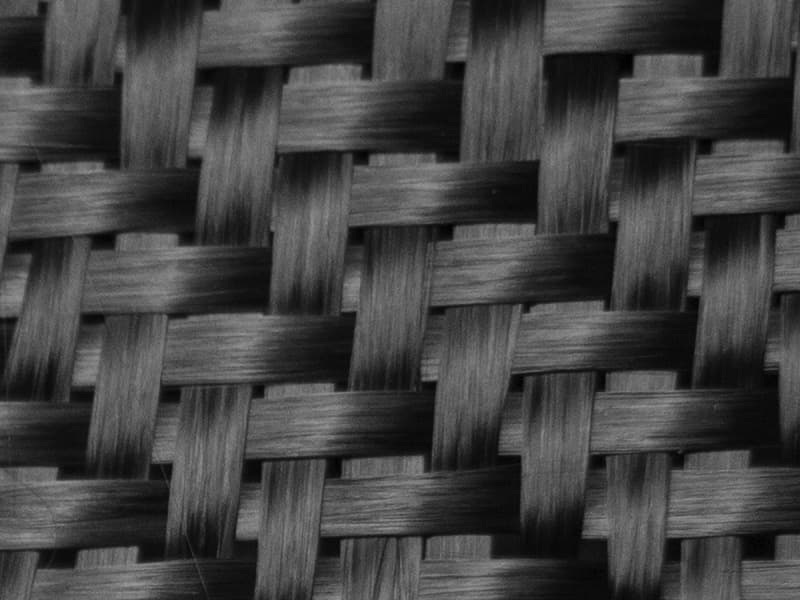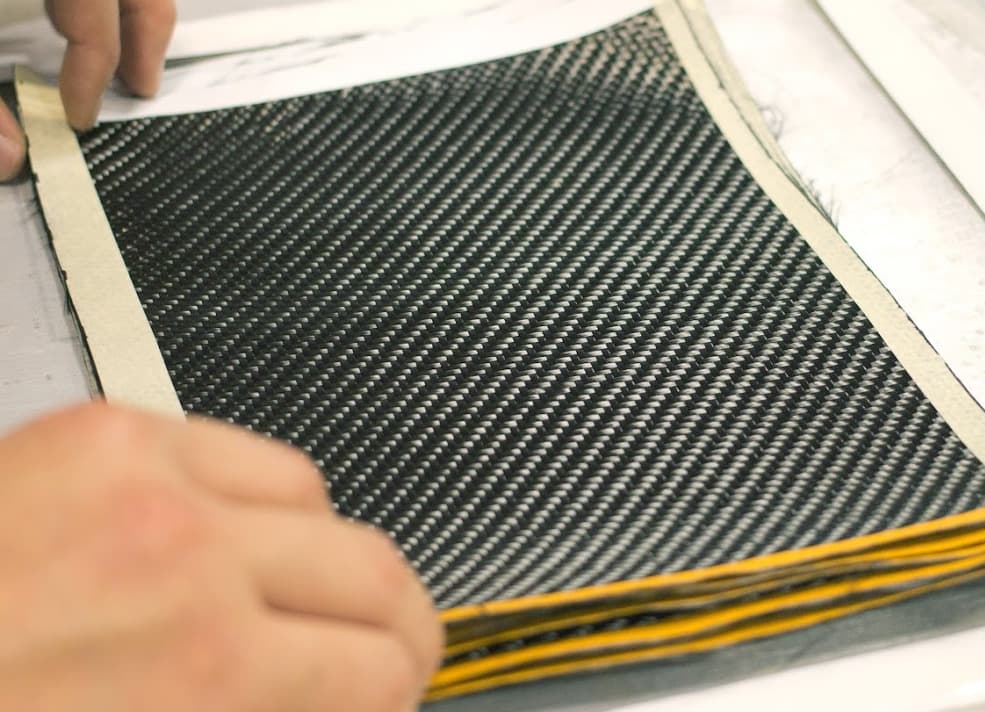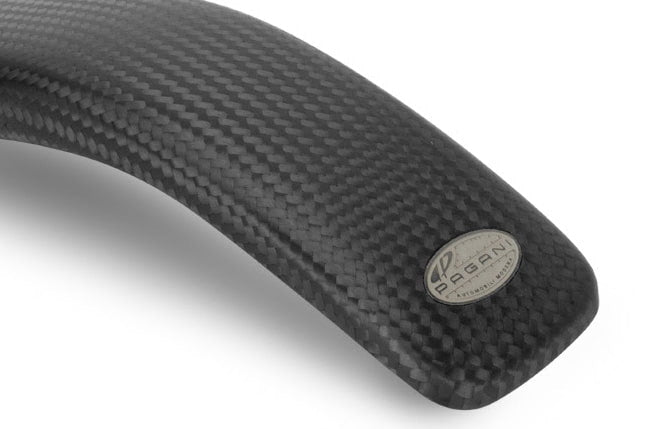Hey, you!
I know you came for our awesome blog post, but we have to let you in on something. Our main business is a shop that sells a ton of unique and cool lifestyle and personal accessories made with REAL carbon fiber.
If you love carbon fiber as much as we do, go explore!
For decades, suppressors, also known as silencers, have played a crucial role in military operations by reducing the sound signature of firearms. This allows soldiers to operate with greater stealth, surprise enemies, and protect their hearing.
However, traditional suppressors come with drawbacks. Their substantial weight can add bulk to a weapon, hindering maneuverability. Additionally, firing a weapon with a suppressor can cause it to overheat rapidly, creating mirages that distort aiming and limiting sustained fire.
But what if there was a way to overcome these limitations? Enter carbon fiber suppressors. This new generation of sound suppressors utilizes cutting-edge materials to address the shortcomings of traditional models.
Could carbon fiber suppressors be the game-changer the military has been waiting for? By offering significant weight reduction and improved heat dissipation, while maintaining effective sound dampening, carbon fiber suppressors have the potential to revolutionize battlefield tactics and enhance soldier performance.
What are Carbon Fiber Suppressors?
Unlike traditional suppressors which are primarily constructed of metal, carbon fiber suppressors incorporate carbon fiber. This advanced material is a composite made of thin strands of carbon woven together and held in place with a special resin. The result is a material that is incredibly strong for its weight, making it ideal for applications where both lightness and durability are crucial.
The benefits of carbon fiber extend beyond weight reduction. This material is also excellent at conducting heat away from its source. This is a significant advantage for suppressors, as the rapid firing of a weapon can cause them to become extremely hot. Traditional metal suppressors retain this heat, leading to potential malfunctions and making follow-up shots more difficult due to mirage distortion.
How Do Carbon Fiber Suppressors Compare?
Weight: One of the most significant advantages of carbon fiber suppressors is their weight. Compared to their metal counterparts, they can be up to 60% lighter. This translates to a lighter weapon system overall, improving soldier maneuverability and reducing fatigue during long operations.
Cooling: As mentioned earlier, carbon fiber's superior heat dissipation properties make a big difference. Unlike metal suppressors which retain heat, carbon fiber allows it to flow away more readily. This keeps the suppressor cooler, preventing malfunctions and maintaining accuracy during sustained fire. Additionally, the cooler temperature reduces the signature on thermal imaging, potentially giving soldiers an edge in nighttime operations.
Sound Dampening: Here's the key question: do carbon fiber suppressors offer the same level of sound reduction as traditional models? Military Times reports that manufacturers claim these new suppressors can achieve similar noise reduction while utilizing the lighter carbon fiber construction. This is achieved through a combination of the material's properties and innovative baffle designs.
However, it's important to note that carbon fiber technology is still relatively new in the suppressor world. While initial testing seems promising, more extensive field trials are needed to definitively compare the sound dampening capabilities of carbon fiber and traditional suppressors across various calibers and firing conditions.
Potential Challenges
While carbon fiber suppressors offer exciting possibilities, there are also some potential challenges to consider:
Durability: While carbon fiber is strong, it can be more susceptible to certain types of damage compared to metal. Extensive testing is needed to ensure these suppressors can withstand the harsh conditions encountered in military operations.
Cost: New technology often comes with a higher price tag. As carbon fiber suppressors are a relatively recent development, they may be more expensive than traditional models initially. However, as production ramps up and the technology matures, the cost is expected to decrease.
Carbon fiber suppressors represent a significant leap forward in firearm sound suppression technology. Their lighter weight and improved cooling capabilities offer substantial advantages over traditional metal suppressors. The potential benefits for the military are clear: increased soldier maneuverability, improved sustained fire accuracy, and a reduced thermal signature for nighttime operations.
However, it's important to acknowledge the remaining challenges. Durability testing and cost reduction are crucial steps before widespread adoption. Nevertheless, the future of carbon fiber suppressors in the military looks promising. As the technology matures and these challenges are addressed, carbon fiber suppressors have the potential to become a staple on the battlefield, enhancing soldier effectiveness and mission success.





